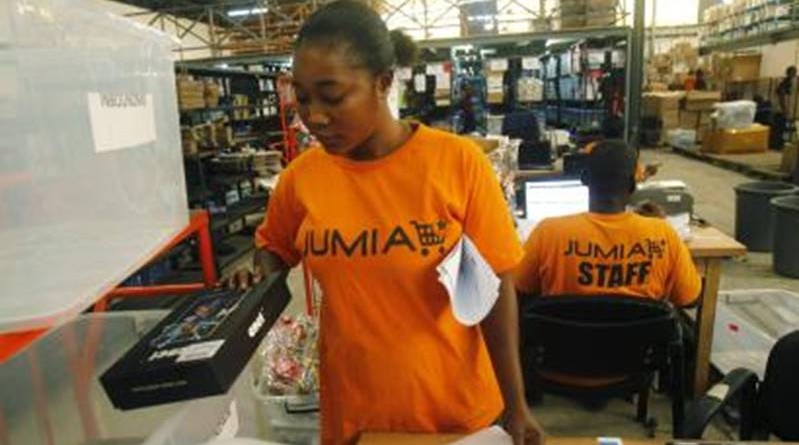After 12 years Jumia is still not profitable
After 12 years of existence and operations, Jumia is still not profitable. To try and break even and report profits, the company AG is focusing on Nigeria, Africa’s most populous nation, in an effort to become profitable. The company plans to consolidate its three warehouses in Nigeria into one 30,000 square-meter depot in Lagos to reduce costs, according to CEO Francis Dufay.
Additionally, Jumia will expand its services to more cities in Nigeria. Jumia, which has not yet reported an annual profit, sees Nigeria, with its 200 million people, as a key market to achieve scale and break even. Despite challenges such as a shortage of dollars and increasing living costs leading to the exit of multinational companies like Procter & Gamble Co., GSK Plc, and Bayer AG, Jumia remains optimistic about the future.
The company reported an operating loss of $8.33 million in the first quarter of the year, with revenue increasing by 5.7% to $48.9 million. Jumia’s shares have dropped significantly from their peak during the pandemic. CEO Dufay emphasized the need to build scale and maintain a lean structure to offer competitive prices to price-conscious customers.
Despite economic challenges in Nigeria, Jumia remains confident in the continent’s growth potential. The company is hopeful for an economic recovery in Nigeria, supported by government policies aimed at reducing inflation and attracting investors.
Jumia is currently maintaining its cash reserves while also implementing a buy-now-pay-later financing option to attract customers who are facing challenges with increasing prices. Dufay stated that our business is continuously active in responding to pricing dynamics, considering Nigeria’s significant consumer demand. Read the original article on Bloomberg




